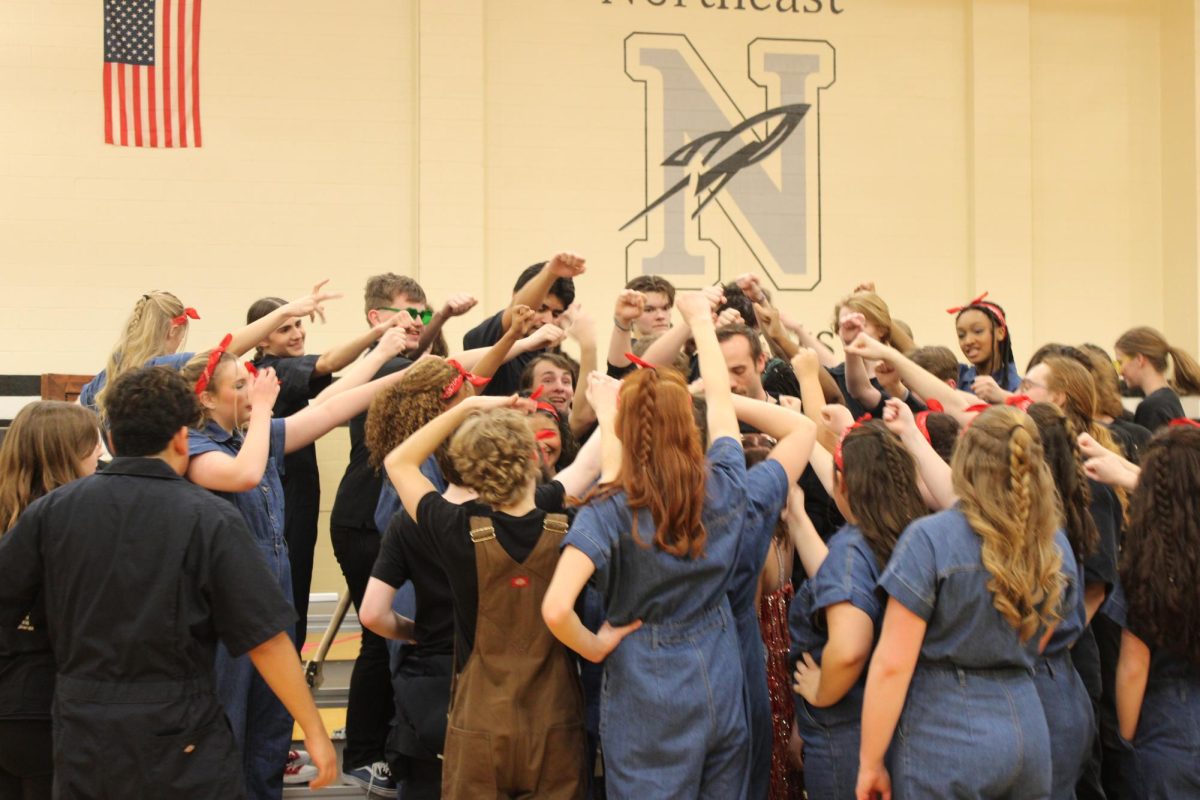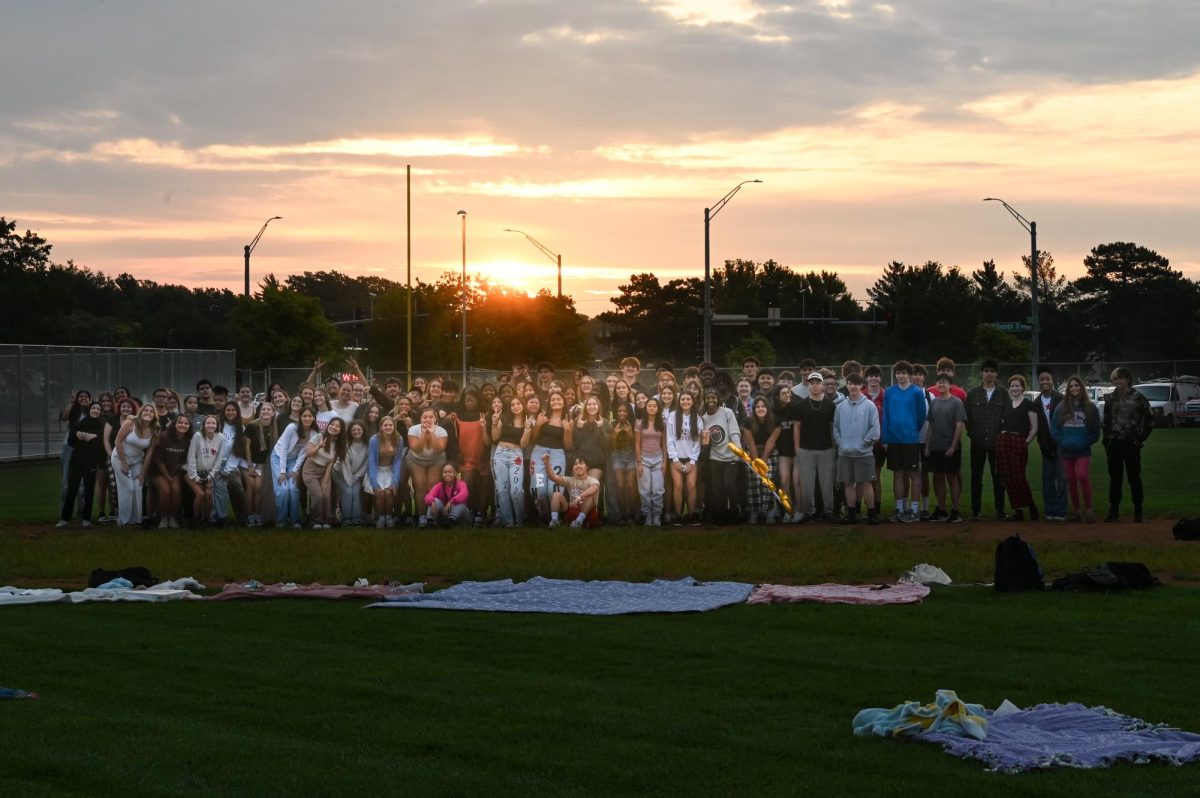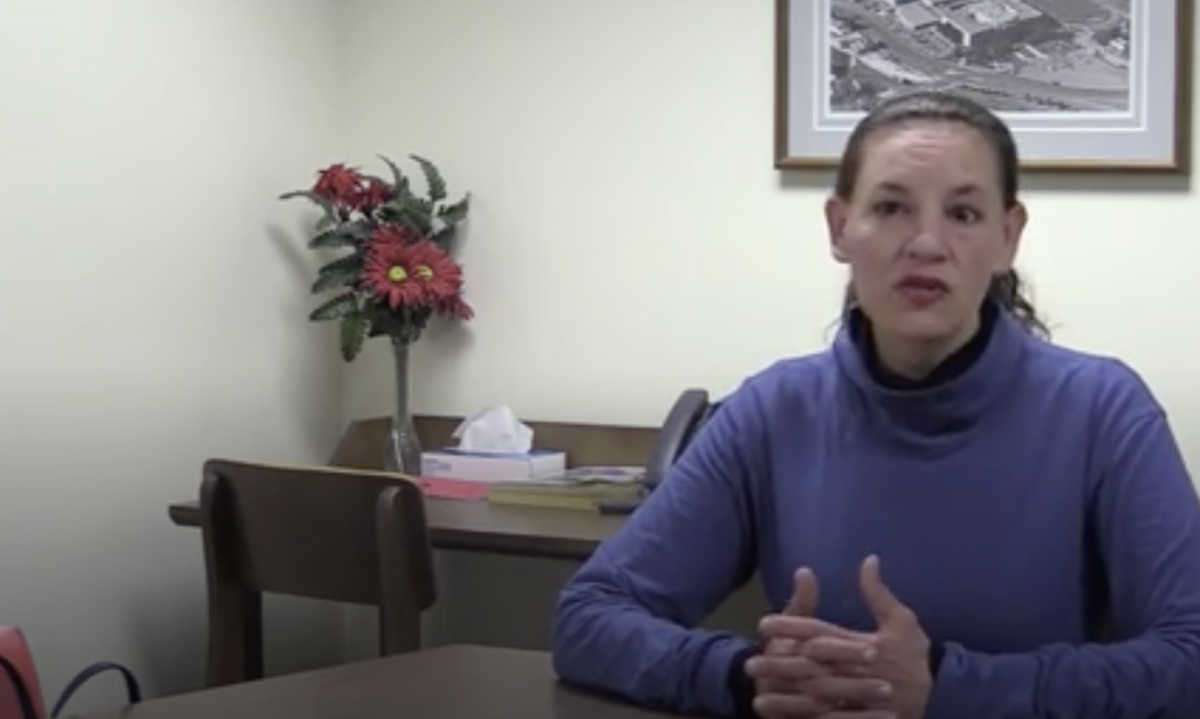Nebraska is the first state nationally to have two opposing abortion measures appearing on the same ballot since Roe V. Wade was overturned, in 2022. The issues were approved to go to the Nebraska voters this voting session in an unanimous, 7-0, vote of the Nebraska Supreme Court on Friday, September 13 after hearing arguments from both sides about the validity of the measures.
Currently, the Nebraska Legislature says, “No person shall perform or induce or attempt to perform or induce an abortion upon a woman when it has been determined, by the physician performing or inducing the abortion or by another physician upon whose determination that physician relies, that the probable post fertilization age of the woman’s unborn child is twenty or more weeks unless, in reasonable medical judgment (1) she has a condition which so complicates her medical condition as to necessitate the abortion of her pregnancy to avert her death or to avert serious risk of substantial and irreversible physical impairment of a major bodily function or (2) it is necessary to preserve the life of an unborn child. No such condition shall be deemed to exist if it is based on a claim or diagnosis that the woman will engage in conduct which would result in her death or in substantial and irreversible physical impairment of a major bodily function. In such a case, the physician shall terminate the pregnancy in the manner which, in reasonable medical judgment, provides the best opportunity for the unborn child to survive, unless, in reasonable medical judgment, termination of the pregnancy in that manner would pose a greater risk either of the death of the pregnant woman or of the substantial and irreversible physical impairment of a major bodily function of the woman than would another available method. No such greater risk shall be deemed to exist if it is based on a claim or diagnosis that the woman will engage in conduct which would result in her death or in substantial and irreversible physical impairment of a major bodily function.”
In simpler terms this means that an abortion can not be performed if the fetus more 20 weeks old. The exception to this being if the abortion is necessary to prevent the death of the mother, to prevent serious and irreversible physical harm to the mother, or if it is necessary to save the life of another fetus, such as a twin or triplet.
One measure that is appearing on the November ballot is measure 439, or more commonly known as the Protect the Right to Abortion amendment. The Protect Our Rights Coalition proposed this measure for the ballot. This measure, if approved by the voters of Nebraska, would amend the state constitution to establish a right to abortion until fetal viability, which is when the fetus is capable of surviving outside of the uterus, which is typically about the 24th week of pregnancy, opposed to the current 20 week limit.
The other constitutional amendment relating to abortion appearing on the ballot, which was proposed by the organization Protect Women and Children, is measure 434, also known as the Protect Women and Children amendment. This measure if voted into law would prohibit abortions after the first trimester, which is twelve weeks into the pregnancy, with the exception being if an abortion is necessitated by a medical emergency or the pregnancy is a result of sexual assault or incest.
Both measures would require a 60% vote to be passed into law, and the ballot will be voted on by Nebraskans in this year’s general election on November fifth.






